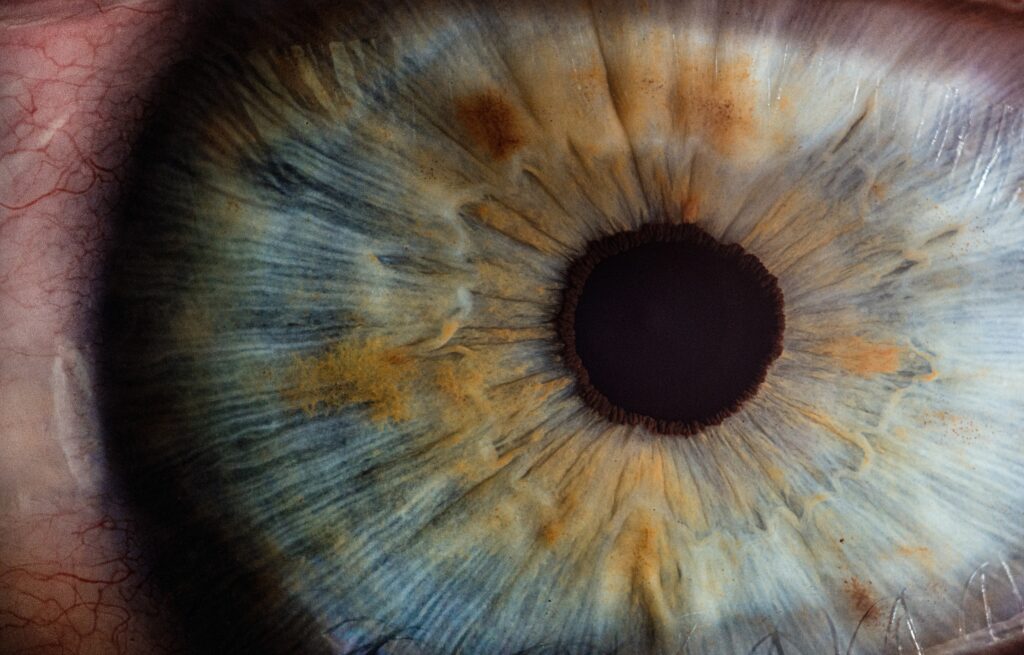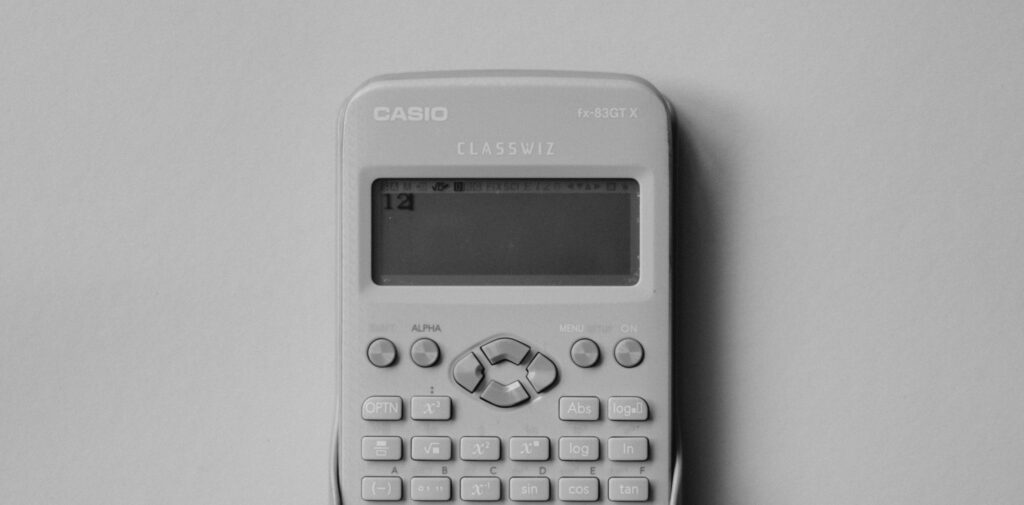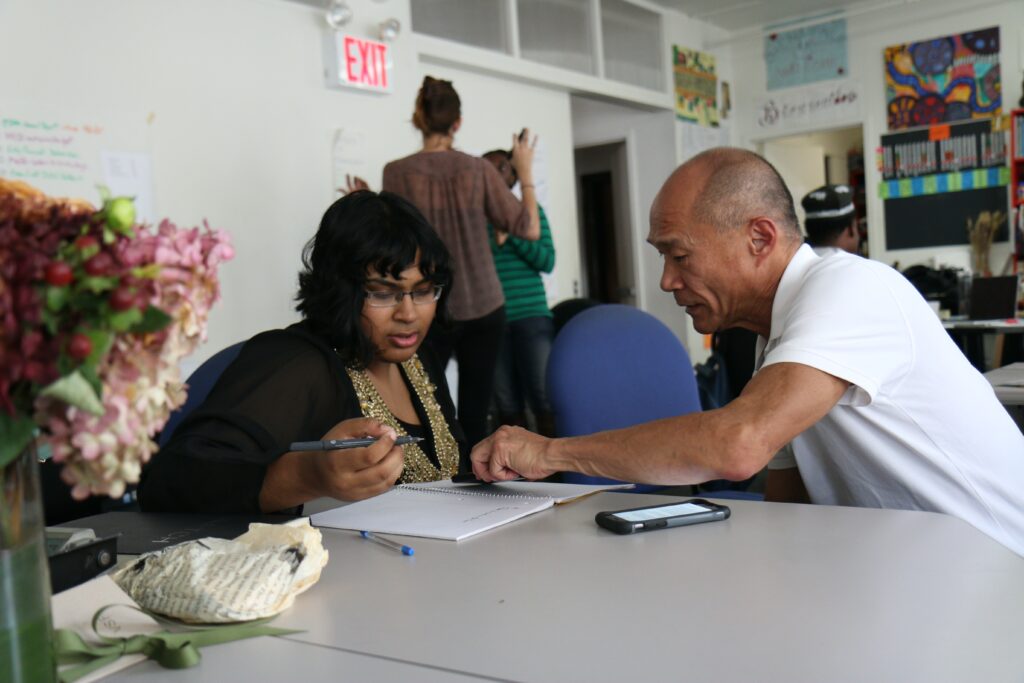
What is Developmental Dyscalculia?
Developmental dyscalculia can be either genetic or environmental, even interaction of the two and is present from birth. It is a specific learning difference that affects the acquisition of arithmetic skills. It is equally common in boys and girls and impacts 5-6% of the population.
Genetic Causes
Genetic causes include known genetic disorders such as Turner’s syndrome, Fragile X syndrome, Velocardiofacial syndrome, Williams syndrome. In addition, studies suggest that there are genes present in the general population which increase the risk of dyscalculia.
Read more →







